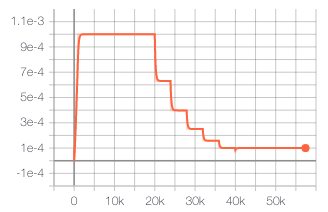Improving End-to-End Contextual Speech Recognition with Fine-Grained Contextual Knowledge Selection
Nowadays, most methods in end-to-end contextual speech recognition bias the recognition process towards contextual knowledge. Since all-neural contextual biasing methods rely on phrase-level contextual modeling and attention-based relevance modeling, they may encounter confusion between similar context-specific phrases, which hurts predictions at the token level. In this work, we focus on mitigating confusion problems with fine-grained contextual knowledge selection (FineCoS). In FineCoS, we introduce fine-grained knowledge to reduce the uncertainty of token predictions. Specifically, we first apply phrase selection to narrow the range of phrase candidates, and then conduct token attention on the tokens in the selected phrase candidates. Moreover, we re-normalize the attention weights of most relevant phrases in inference to obtain more focused phrase-level contextual representations, and inject position information to better discriminate phrases or tokens. On LibriSpeech and an in-house 160,000-hour dataset, we explore the proposed methods based on a controllable all-neural biasing method, collaborative decoding (ColDec). The proposed methods provide at most 6.1% relative word error rate reduction on LibriSpeech and 16.4% relative character error rate reduction on the in-house dataset over ColDec.
PDF Abstract



 LibriSpeech
LibriSpeech